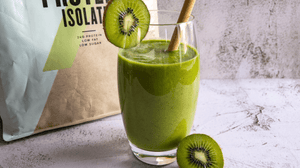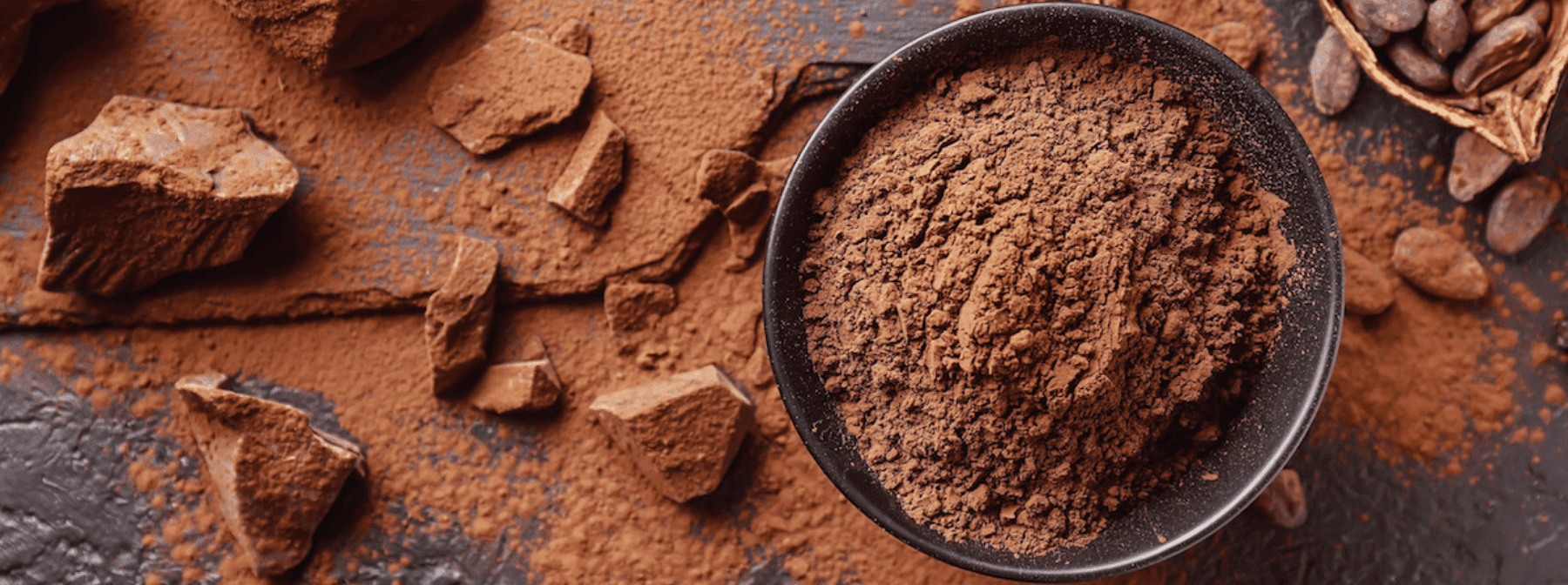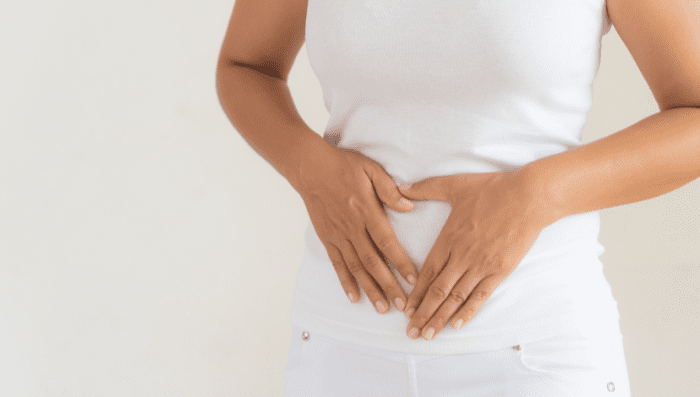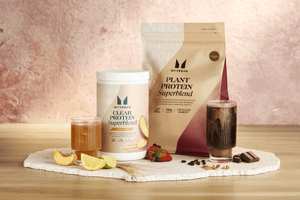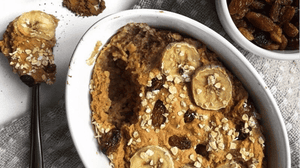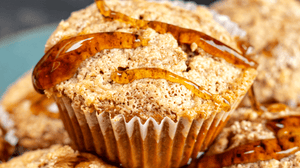
Cacao has been known for its delicious taste for hundreds of years, and was revered during the reign of Aztec emperor Montezuma. During the 1600’s, cacao was brought to European shores, with ‘chocolate houses’ being a popular socialising spot for aristocrats. Cacao (and chocolate) not only taste delicious, but also firmly falls into the bracket of superfoods due to the high nutrient content.
Read on to find out exactly where cacao comes from, how it’s different from cocoa, and its range of possible health benefits.
What Is Cacao?
Cacao is typically found in powder form and is made by processing the cacao bean (Theobroma cacao L). Other cacao bean products include cacao butter and cacao liquor – both of which are used in the chocolate making process.
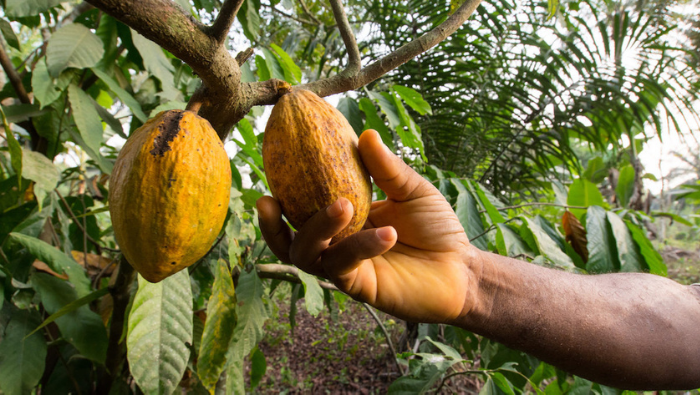
Cacao vs. Cocoa: The Difference
Cacao powder is the raw, unprocessed form of cocoa powder. Store-bought cocoa powder usually has added sugars for a sweeter taste, making it more palatable for hot drinks. Processing cacao into a powder form requires some heat processing; cocoa is typically processed at a much higher temperature than cacao, which provides additional sweetness. Whilst cocoa does contain some nutrients, these are found in a far higher quantity in cacao.
10 Health Benefits of Cacao
For many of us, a bar of chocolate or plant milk hot chocolate can give us feelings of happiness and relaxation. Cacao may provide a number of health benefits for both mental and physical health.
There is no recommended amount of cacao you should be consuming daily, but like all foods it is best to have in moderation as part of a balanced diet.
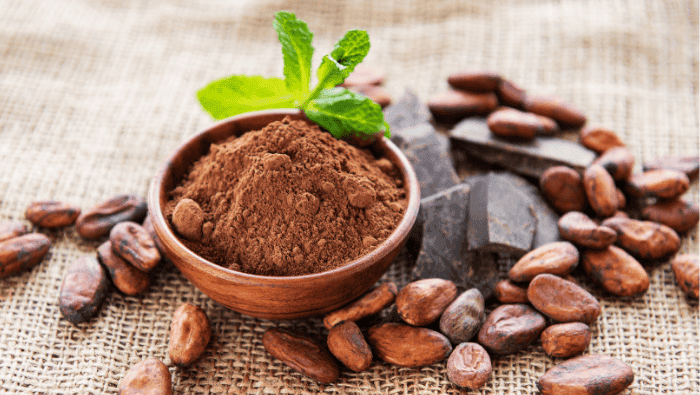
1. Antioxidant properties
Cacao contains flavonoids, a compound found naturally in plant-based products. These flavonoids help to fight the formation of health-harming ‘free radicals’ – high levels of free radicals can lead to cellular damage and subsequent inflammation. Sources of free radicals include normal metabolic processes in the body, as well as external stressors such as pollution, poor diet, and smoking.
2. Anti-inflammatory properties
Flavonoids can be used to help reduce the formation of free radicals. However, as we are continuously exposed to free radicals, it’s also important to fight any pre-existing damage caused by them. Cacao plays a role in fighting the inflammation caused by free-radical damage. The flavonoids in cacao help to stimulate the parts of the immune system that help to catch and destroy health-harming cells.
3. Reduce 'bad' cholesterol
The flavonoid theobromine (which is found in cacao) has been shown to reduce levels of ‘bad’ LDL cholesterol levels, whilst increasing ‘good’ HDL cholesterol. High levels of LDL cholesterol are associated with increased rates of heart disease. Furthermore, people that originate in countries with a high cacao production and exportation typically have lower levels of heart disease; this is thought to be due to their high cocoa consumption.
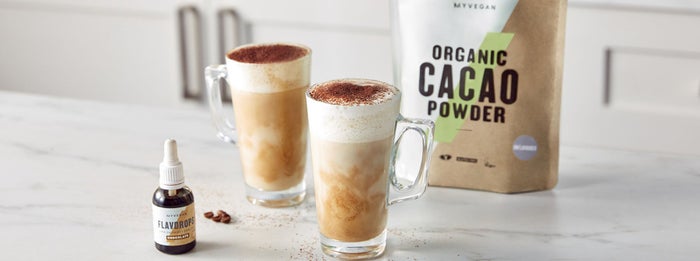
4. May prevent cognitive decline
Cacao powder, as well as cacao nibs (and chocolate) contain caffeine which is thought to have a neuroprotective effect when consumed in moderation. Research suggests that drinking 2-4 cups of coffee a day may help to prevent cognitive decline associated with ageing. The mechanism of this is likely related to the inflammation reducing properties of caffeine. A possible relationship between caffeine consumption and the gut microbiome is also being established.
5. May help with sleep
Although cacao contains caffeine, the theobromine levels may help to balance out the wakefulness properties of caffeine. Cacao also contains tryptophan, an amino acid which can be converted to melatonin – a hormone important for feelings of sleepiness.

10 Best Foods That Help You Sleep
Discover our (all-vegan) food and drink favourites to help you catch those zzzs.
6. Relaxation and happiness
As well as playing a role in sleep, tryptophan acts a precursor to the serotonin production (one of the ‘happy hormones’). Furthermore, consumption of cacao also triggers the release of the dopamine (another happy hormone), potentially due to the presence of a molecule called anandamide.

7. Improved exercise recovery
The caffeine content of cacao may have a positive impact on both workout performance and recovery. Caffeine acts as a vasodilator by stimulating nitric oxide production. This increases blood flow to muscles which can help the muscles to work harder during exercise, and recover more quickly afterwards.
8. Supports heart health
The vasodilatory effect of caffeine not only helps with exercise performance, but may also help to reduce pressure against the heart. Flavonoids found in cacao may help to protect and fight against damage to the endothelium – the layer of blood vessel walls that when damaged, can lead to poor heart and circulatory health.
9. Contains essential nutrients
Essential micronutrients found in cacao include magnesium, potassium and calcium. These three nutrients play important roles in stimulation of muscle contraction, which includes heart muscle contraction. Deficiencies in any of these nutrients can lead to heart rhythm abnormalities as well as generally symptoms of nutrient deficiency, which can include fatigue, gut disturbances, and brain fog.
10. May have anti-ageing properties
A diet high in cacao and flavonoids may help to protect against the signs of ageing by preventing water loss from the skin and increasing collagen production. Water and collagen are essential components for maintaining skin tone and elasticity – a loss of these can lead to skin that looks dry and aged. Cacao intake may also help to reduce sensitivity to skin damaging UV light.
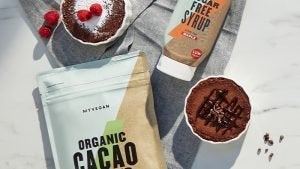
Talk To Your Nutritionist
This article is for educational purposes only and should not be used as a substitute for medical advice. If you have any concerns about your diet or health, please contact your GP or other relevant healthcare professional.
Take Home Message
Regular cacao consumption has a high nutrient content and various health benefits; cacao consumption is associated with mental health benefits such as increased feelings of happiness and to improved sleep. Cacao also has numerous physical health benefits due to its high flavonoid and micronutrient content, providing both anti-inflammatory and anti-oxidant properties.
FAQs
Why is cacao a superfood?
A ‘superfood’ is a a food that has a high nutrient density and contains health-promoting properties. Cacao has anti-oxidant and anti-inflammatory properties due to its high flavonoid content.
Is it good to have cacao everyday?
It is generally considered safe to eat cacao everyday however, if you experience any of the side effects listed below it might be worthwhile cutting back on either the frequency or quantity of cacao intake.
Does cacao have side effects?
Excess consumption of cacao can have similar effects as high coffee consumption. These include feelings of restlessness, anxiety, shakiness or GI side effects.
What time of day should I have cacao?
This is different for everyone! Some people find a square or two of dark chocolate provides energy during a mid-afternoon slump. Others find that a hot chocolate in the evening helps with feelings of sleepiness.
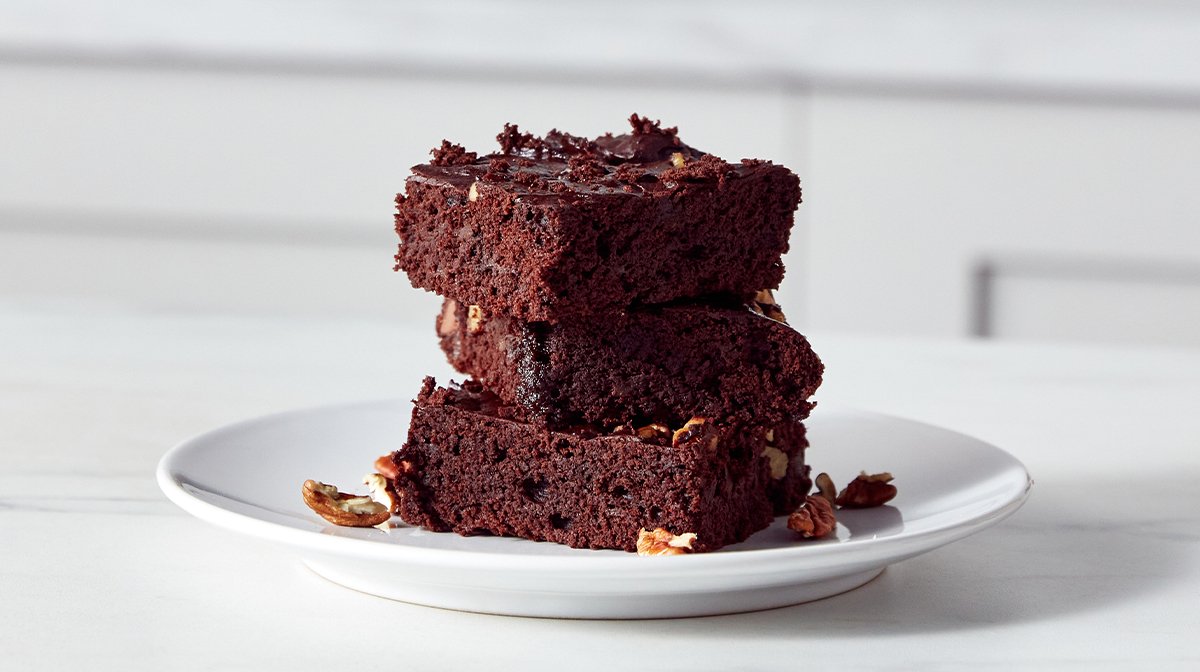
Walnut Chocolate Brownies | Vegan Recipes
These quick, easy, high-protein brownies will have you coming back time and time again.
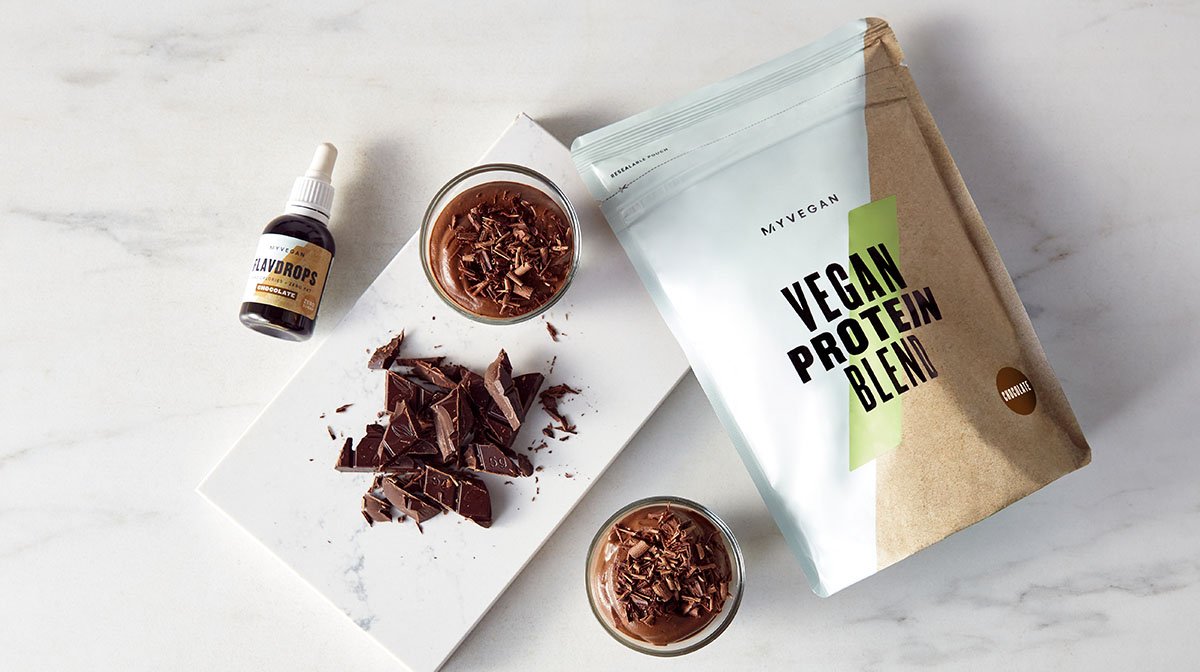
Avocado Chocolate Mousse | Vegan Dessert Recipes
If you’ve switched to a plant-based diet but have a niggling sweet tooth, this Vegan Chocolate Mousse is your ticket to happiness!
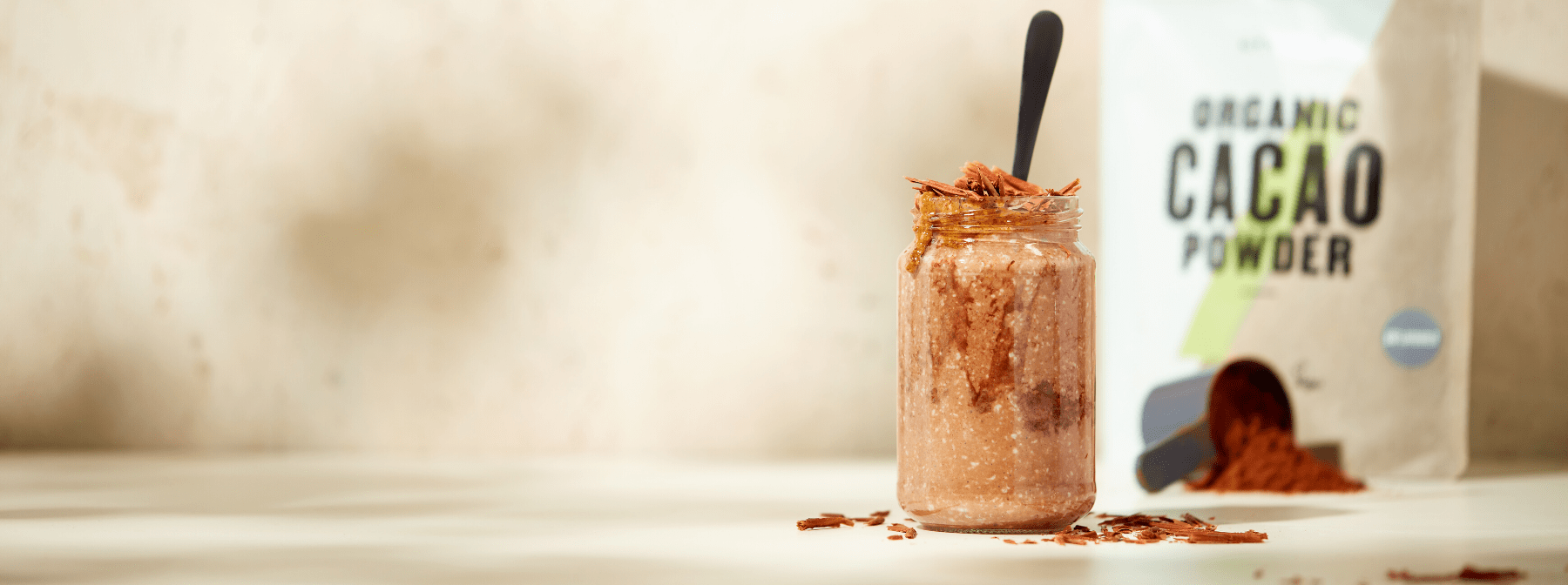
Chocolate & Peanut Overnight Oats
A time-saving yet highly nutritious and filling breakfast recipe.
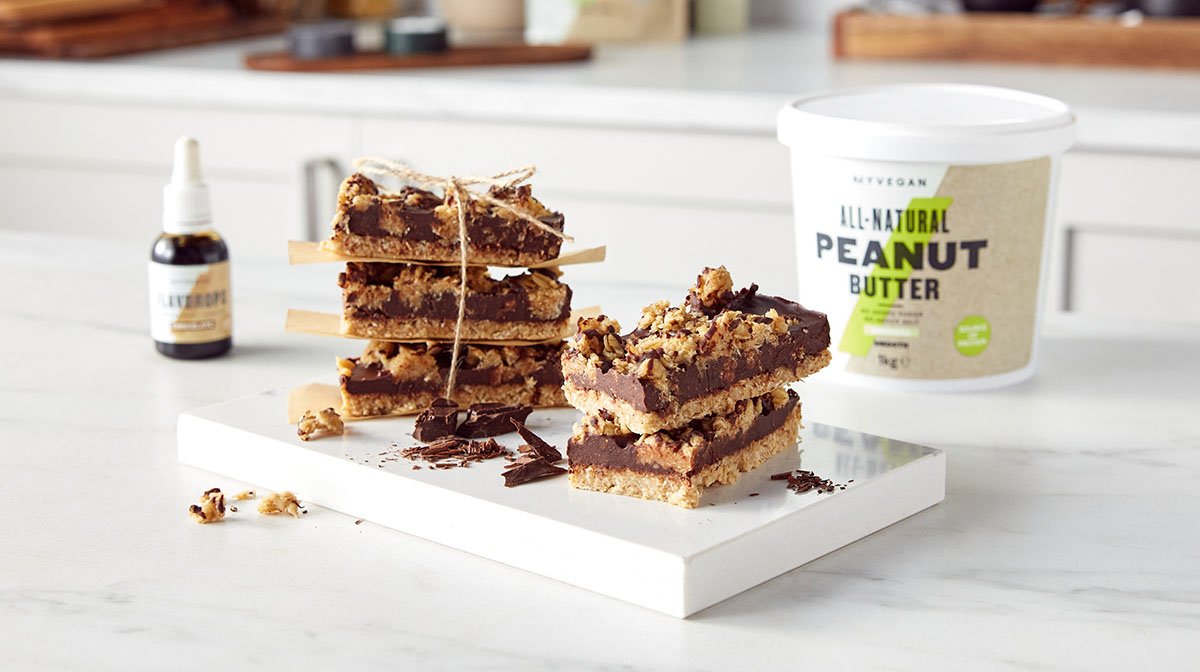
No-Bake Oat Bars Recipe | Vegan Snack Ideas
Once you've made a batch of these No-Bake Oat Bars, there's no going back!
Gardea A, Garcia-Banuelos M, Orozco-Avitia A, Sanchez-Chavez E, Sastre-Flores B, Avila-Quezada G. Cacao (Theobroma cacao L.) Fruit and vegetables phytochemicals: chemistry and human health. 2nd ed. Yahia E (ed). 2017. Wiley-Blackwell; New Jersey.
https://onlinelibrary.wiley.com/doi/epdf/10.1002/9781119158042.ch43?saml_referrer
Franco R, Onatibia-Astibia A, Martinez-Pinilla. Health benefits of methylxanthines in cacao and chocolate. Nutrients. 2013; 5(10): 4159-4173
https://www.mdpi.com/2072-6643/5/10/4159
Ullah A, Munir S, Badsha S, Khan N, Ghani L, Poulson B, et al. Important flavonoids and their role as a therapeutic agent [internet]. Molecules. 2020; 25(22) 5243. Available from: https://doi.10.3390/molecules25225243
Lobo V, Patil A, Phatak A, Chandra A. Free radicals, antioxidants and functional foods: impact on human health. Pharmacogn Rev. 2010; 4(8): 118-126
Ramiro E, Franch A, Castellote C, Perez-Cano F, Permanyer J, Izquierdo-Pulido M, et al. Flavonoids from Theobroma cacao down-regulate inflammatory mediators. J Agric Food Chem. 2005; 53: 8506-8511
Ren X, Chen J-F. Caffeine and Parkinson’s Disease: multiple benefits and emerging mechanisms [internet]. Front Neurosci. 2020; 14: 602697. Available from: https://doi.10.3389/fnins.2020.602697
https://www.ncbi.nlm.nih.gov/pmc/articles/PMC7773776/
Hong C, Chan L, Bai C-H. The effect of caffeine on the risk and progression of Parkinson’s disease: a meta-analysis [internet]. Nutrients. 2020; 12(6): 1860. Available from: https://doi.10.3390/nu12061860
https://www.ncbi.nlm.nih.gov/pmc/articles/PMC7353179/
Aprotosoaie A, Miron A, Trifan A, Luca V, Costache I. The cardiovascular effects of cocoa polyphenols – an overview [internet]. Diseases. 2016;4(4): 39. Available from: https://10.3390/diseases4040039
Katz D, Dought K, Ali A. Cocoa and chocolate in human health and disease. Antiox Redox Signal. 2011; 15(10): 2779-2811

Related Articles
